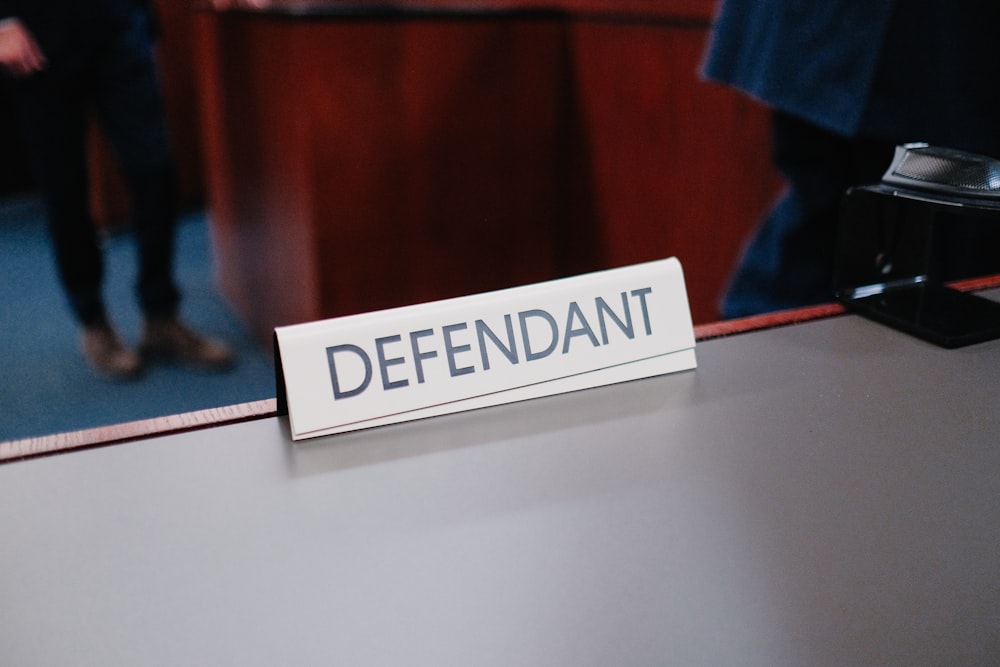Unlocking the Art of Appellate Litigation
In the intricate world of appellate litigation, mastering key strategies for success is paramount. From crafting persuasive legal arguments to navigating procedural intricacies, attorneys must employ a range of tactics to prevail in appellate courts. Let’s delve into some essential strategies for mastering appellate litigation and achieving favorable outcomes.
Understanding the Appellate Process
The appellate process differs significantly from trial litigation, requiring a nuanced understanding of appellate rules, procedures, and standards of review. Attorneys must grasp the intricacies of appellate jurisdiction, timing requirements for filing appeals, and the scope of appellate review. A thorough understanding of these fundamental principles lays the groundwork for effective appellate advocacy.
Crafting Persuasive Legal Arguments
Central to appellate litigation is the art of crafting persuasive legal arguments that resonate with appellate judges. Attorneys must distill complex legal issues into clear, concise arguments supported by precedent, statutes, and persuasive reasoning. Mastering the art of appellate advocacy involves presenting compelling legal narratives that compel appellate courts to rule in favor of the appellant.
Leveraging Precedent and Case Law
Precedent and case law play a pivotal role in appellate litigation, shaping legal arguments and guiding appellate decisions. Attorneys must meticulously research and analyze relevant case law to identify favorable precedent and distinguish unfavorable decisions. By effectively leveraging precedent, attorneys can bolster their arguments and increase their chances of success on appeal.
Navigating Procedural Complexities
Navigating procedural complexities is a critical aspect of appellate litigation, as procedural missteps can jeopardize an appeal’s success. Attorneys must adhere to strict procedural requirements regarding appellate brief formatting, filing deadlines, and oral argument procedures. Mastery of appellate procedures ensures that attorneys effectively navigate the appellate process and present their case in the most favorable light.
Presenting Compelling Oral Arguments
Oral argument presents a unique opportunity for attorneys to advocate for their clients directly to appellate judges. Mastering the art of oral advocacy involves succinctly articulating key legal points, responding to judges’ inquiries, and effectively addressing opposing counsel’s arguments. Attorneys must hone their oral advocacy skills to present persuasive arguments that resonate with appellate judges.
Strategic Use of Appellate Briefs
Appellate briefs serve as the cornerstone of appellate advocacy, providing appellate judges with a comprehensive overview of the case and the parties’ legal arguments. Attorneys must strategically draft appellate briefs that concisely summarize the issues on appeal, present persuasive legal arguments, and anticipate and address potential counterarguments. The strategic use of appellate briefs is instrumental in shaping appellate judges’ perceptions of the case.
Building a Strong Record on Appeal
Building a strong record on appeal is essential for success in appellate litigation. Attorneys must meticulously preserve and present evidence, objections, and legal arguments during trial proceedings to lay the groundwork for a successful appeal. By carefully crafting the trial record, attorneys can provide appellate courts with a clear and compelling basis for reversing or affirming the trial court’s decision.
Utilizing Appellate Resources and Technology
In the digital age, attorneys have access to an array of appellate resources and technology tools to enhance their appellate advocacy efforts. From online legal research databases to appellate brief writing software, attorneys can leverage technology to streamline their appellate practice and enhance the quality of their legal work. Mastery of appellate resources and technology enables attorneys to maximize their efficiency and effectiveness in appellate litigation.
Collaborating with Appellate Specialists
Given the complexities of appellate litigation, collaborating with appellate specialists can be instrumental in achieving success on appeal. Appellate specialists possess specialized knowledge and experience in appellate advocacy and can provide valuable insights and strategic guidance throughout the appellate process. By partnering with appellate specialists, attorneys can bolster their appellate practice and increase their chances of securing favorable outcomes for their clients.
Conclusion
In conclusion, mastering appellate litigation requires a combination of legal expertise, strategic thinking, and effective advocacy skills. By understanding the appellate process, crafting persuasive legal arguments, leveraging precedent, navigating procedural complexities, and utilizing appellate resources and technology, attorneys can enhance their appellate practice and achieve success on appeal. With careful preparation, diligent research, and strategic advocacy, attorneys can master the art of appellate litigation and secure favorable outcomes for their clients. Read more about appellate litigation



